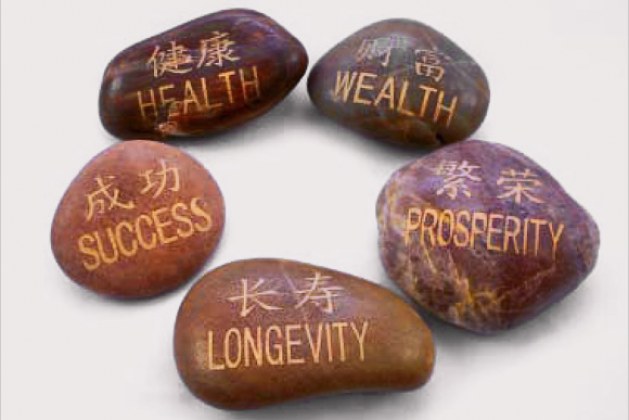
Your body’s demands, in terms of health and general well-being, change over time. When you’re in your twenties, developing bone cancer might not be the biggest concern, but by the time you hit fifty, it starts to get a little more important.
Age and associated risk factors both play a huge part in determining what sort of exams a woman should be undergoing when she visits her doctor.
Young Adulthood
In your young adulthood, from, say, eighteen to your early thirties, things are still relatively simple. Your doctor is going to tell you exactly what sort of exams you need, so your final list might not look exactly like the one that we’ve laid out below, but most young women will be undergoing a series of exams that isn’t far off from those that we’ve listed.
1) Basic Physical Exam
Once a year, or as your doctor recommends, you’re going to want to have a basic physical exam. This is basically your nuts-and-bolts exam process. Here you’re going to have your blood pressure taken, you’re going to have your reflexes tested, your doctor is going to be asking you about abnormal pains and so on and so forth. Your doctor will do basic height and weight tests and basically just give you an idea of where you stand, what you can do if you’re experiencing any discomfort and so on.
This is strictly routine, and it’s something that you’re going to want to be doing once a year whether you’re twenty five or fifty two. The basic exam is simply the foundation upon which good health is built, and it is the most important tool for keeping disease and health complications from sneaking up on you.
2) Pelvic Exam
You’re probably going to get your first pelvic exam in your teen years, in which case you probably know what to expect by now. Many women find pelvic exams deeply uncomfortable and would love to opt out of them, but they are vital to reproductive health. Expect to go through the routine once every year.
3) Pap Test
The pap test is even less fun than the pelvic exam, but fortunately, you only need to do it once every three to five years, or as recommended by your doctor.
There are other basic routine checks that you can do at home, most importantly the breast exam. You’ll want to conduct a monthly examination on yourself. You can do this in the shower or in bed, and it only takes a few minutes. It may save your life and help you find signs of cancer early in their development.
If you’ve had many, be sure to add regular STD screenings to your exam list. This is important for women of all ages.
Thirty and On
By the time you start to approach middle age, it becomes important to start considering those parts of the body that tend to “go with age”. As long as you catch declining health and ability early on, it should be manageable.
4) Vision Testing
If you’ve always had great eyesight, now is the time when it might start to fade. Take the time to get your vision checked and be happy that Tina Fey has made nerdy glasses the hippest of fashion accessories.
5) Hearing Tests
Although hearing loss tends to affect men more than women, it is nevertheless important to stay on top of this. Fortunately, hearing aids are smaller and more discrete than the big plastic ear muffs that we remember our grandparents wearing.
For Women Over Fifty
By middle age, cancer becomes a serious concern in women and men alike.
6) Mammogram
Yet another uncomfortable exam, mammograms only need to be conducted once every two years, and at seventy, you won’t have to do them at all anymore.
7) Cancer Screening
Your doctor will recommend various cancer screenings depending on health risks. If you smoke or live with smokers, obviously your chances of getting lung cancer are higher. You may or may not be at greater than average risk for skin cancer, bone cancer and so on. Your physician will let you know based on risk factors, medical history, etc.
70 and Up
More of us than ever are hitting ages of 100+, but that only happens when you take care of yourself.
8) Mental Illness
By the time you reach your golden years, your doctor is likely to start screening you for Alzheimer’s and dementia. At this age it becomes important to stay mentally active. Take up a demanding game, start doing puzzles or a hobby that keeps your mind limber, or just do a lot of reading. On the upside, you probably don’t have to do your mammogram anymore.
Taking care of your health is absolutely the most important thing that you can do with your time. Simply put, good health is the foundation upon which all other joys of life are built.
What other physical exams do you think women need to take? What’s the next one on your to-do list?




Leave a comment
You must login or register to add a new comment.